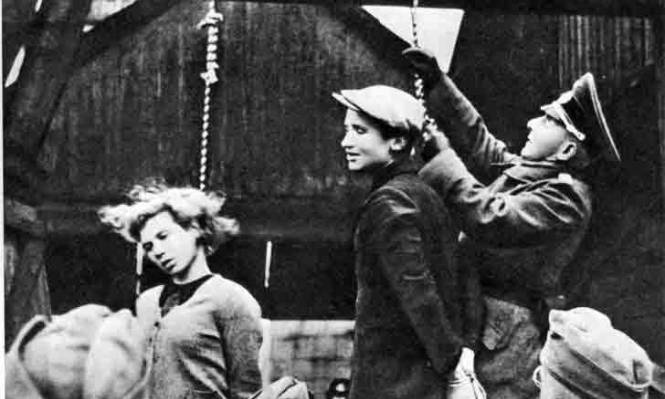In October 1943, when the Nazis began their brutal occupation of their former ally Italy, the Germans executed six Italian civilians in a town near the mountains in southern Italy as collective punishment for the killing of a soldier who was looting food. Eighty years later, some relatives of the men executed in the town of Fornelli will finally receive their share of compensation amounting to 12 million euros ($13 million), as ruled by an Italian court, as compensation for the trauma suffered by their families.
Mauro Petrarca, 52, the grandson of one of the victims named Domenico Lancellotta, said, "We still remember this day every year. We have not forgotten." All the family members of the victims who witnessed the incident have died, except for one, but Italian law stipulates that the compensation owed can be passed on to their heirs. This means that Petrarca will receive 130,000 euros ($142,000) according to the court ruling issued in 2020.
Interestingly, it is the Italian government that will pay the compensation, not Germany, after Italy lost a legal battle in the International Court of Justice over whether Berlin was still liable for compensation related to the crimes and atrocities committed during World War II.
Jewish organizations in Italy believe that Berlin should pay the compensation in acknowledgment of its historical responsibility, and groups advocating for victims' issues fear that Rome is slow in handling a massive number of claims that could burden the state's finances. Giulio De Zinni, vice president of the Union of Italian Jewish Communities, which is following the case on behalf of Jewish victims of Nazi atrocities, noted, "This is a difficult issue politically and legally."
A study funded by the German government published in 2016 estimated that 22,000 Italians fell victim to war crimes committed by the Nazis, including up to eight thousand Jews who were deported to death camps. Thousands of other Italians were also forced to work as slaves in Germany, making them eligible for compensation.
The first beneficiaries of the new government fund established to address these claims are likely to be the descendants of the six men from Fornelli who were hanged while German soldiers listened to music on a phonograph they had stolen from a nearby house. The execution of the six men came just a month after Italy signed an armistice agreement with the Allied forces to end its participation in World War II and abandoned the Nazis, who immediately began to occupy the country.




